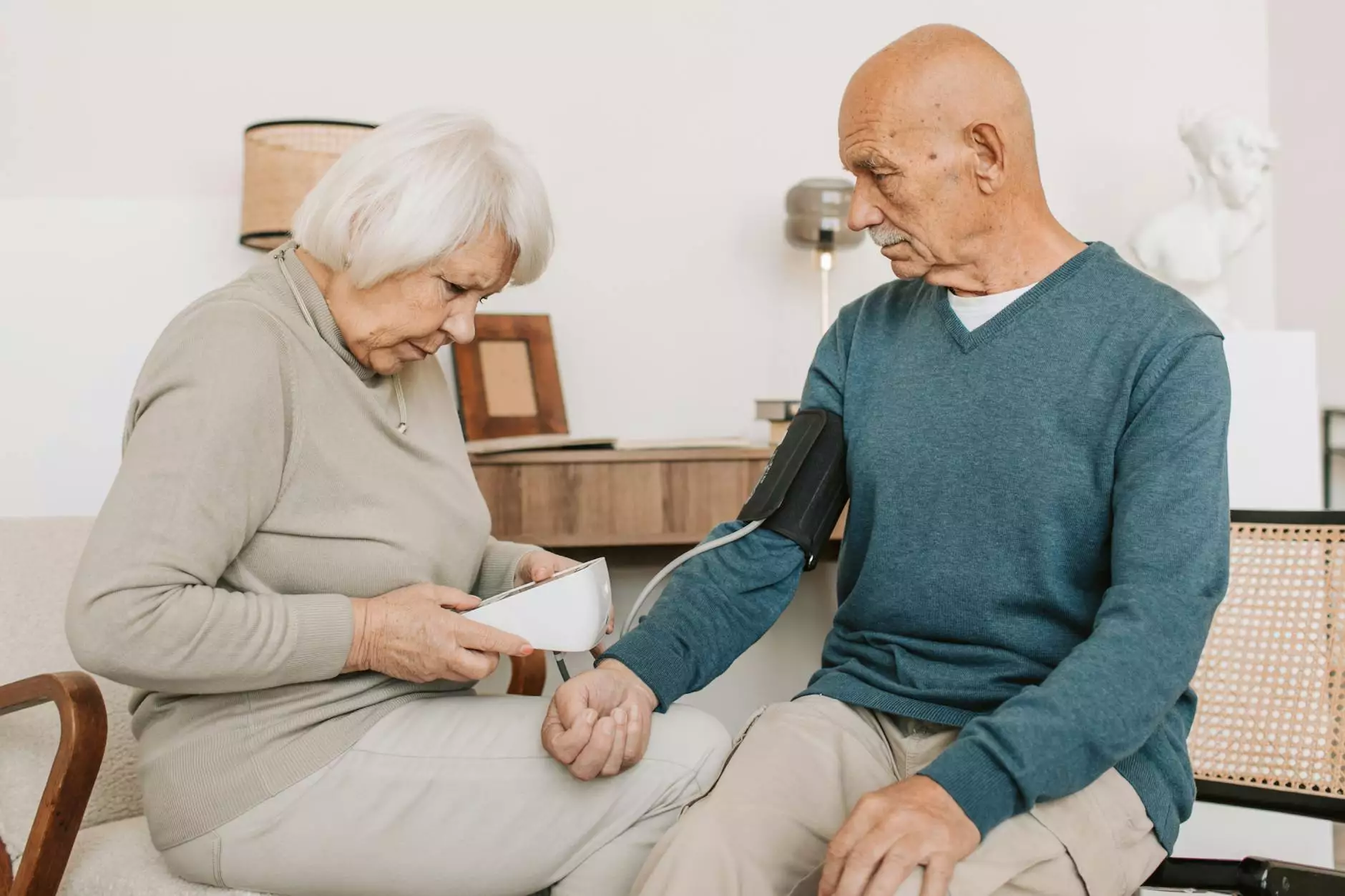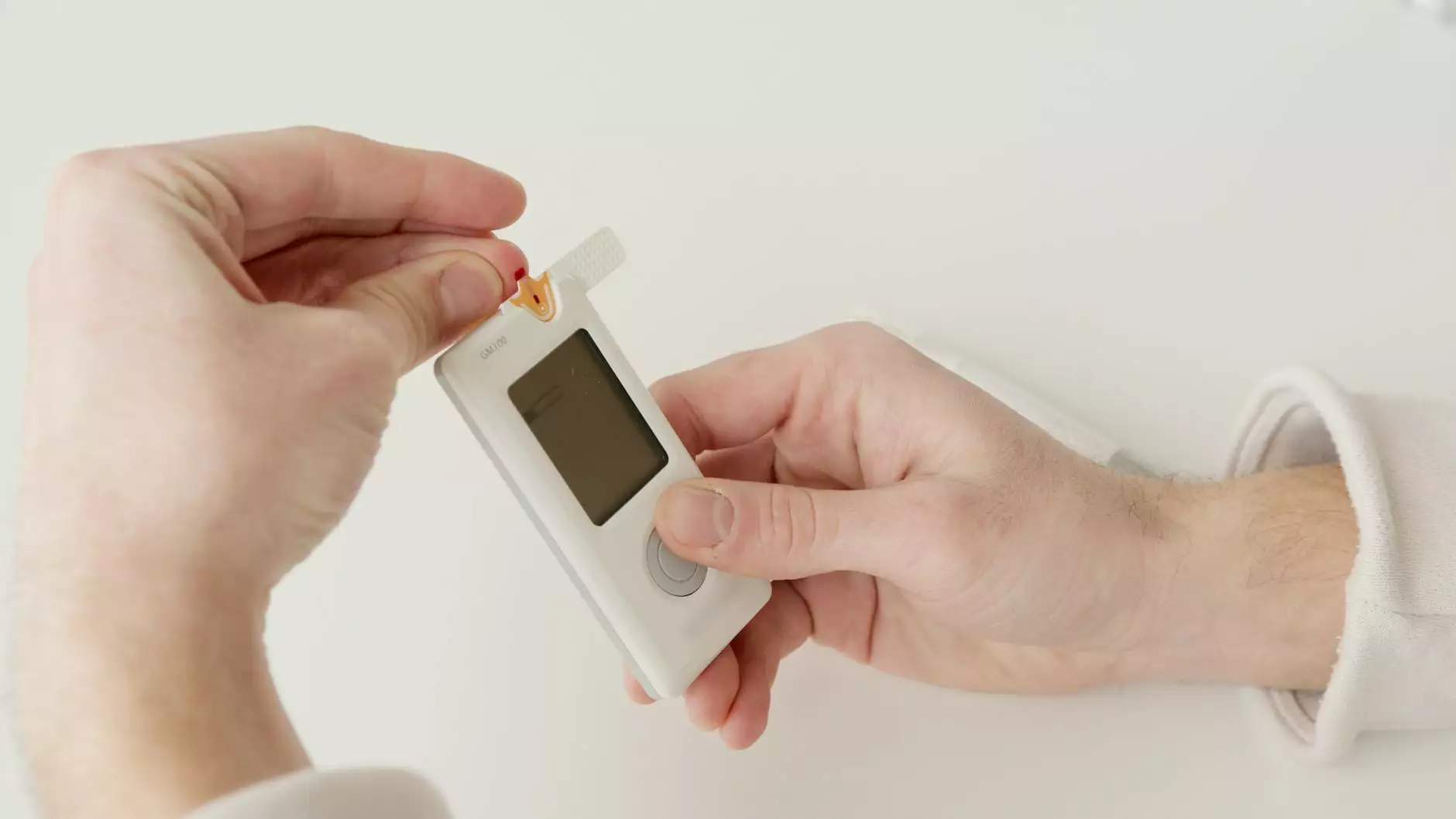How Can Telehealth Benefit Post Acute Care?
Medical Practices
Introduction
At Butterfield Oxygen & Medical Equipment, we believe in utilizing the latest advancements in technology to provide our valued clients with the highest quality healthcare services. Telehealth has emerged as a game-changer in the field of post-acute care, offering numerous benefits and improving patient outcomes. In this comprehensive guide, we will explore the various ways in which telehealth can positively impact post-acute care.
What is Telehealth?
Telehealth refers to the delivery of healthcare services and information through digital communication technologies. By leveraging telecommunication tools like video conferencing, remote monitoring devices, and digital health applications, telehealth enables patients to receive medical care, consultation, and support without the need for in-person visits to healthcare facilities.
The Benefits of Telehealth in Post Acute Care
1. Access to Immediate Medical Care
In post-acute care, time is often of the essence. With telehealth, patients can receive immediate medical attention, no matter where they are located. This is particularly crucial in emergencies or situations where transportation to a healthcare facility might be challenging.
2. Enhanced Convenience and Comfort
Traditional healthcare often involves long waiting times, multiple appointments, and traveling to and from medical facilities. Telehealth offers a convenient alternative by allowing patients to receive care from the comfort of their own homes. This eliminates the stress and inconvenience associated with travel and waiting rooms, making healthcare more accessible for patients.
3. Cost Savings
Telehealth can lead to significant cost savings for both patients and healthcare providers. By minimizing in-person visits, telehealth reduces transportation expenses, parking fees, and potential overnight stays. Additionally, it eliminates the need for some administrative overhead costs, allowing healthcare providers to optimize their resources more efficiently.
4. Improved Patient Engagement and Self-Management
Telehealth empowers patients to take a more active role in managing their healthcare. Through remote monitoring devices and digital health applications, patients can track their vital signs, access educational materials, and receive personalized guidance from healthcare professionals. This increased engagement often leads to better health outcomes and improved overall wellness.
5. Timely Follow-up Care
Following a hospitalization or a medical procedure, post-acute care is essential for a speedy recovery. However, scheduling follow-up appointments and arranging transportation can be challenging. Telehealth solves this problem by enabling patients to have virtual consultations with their healthcare providers, ensuring timely follow-up care without the need for additional travel.
6. Continuity of Care
Telehealth bridges the gap between healthcare settings, ensuring seamless continuity of care. Patients can communicate with multiple healthcare professionals, including doctors, nurses, therapists, and specialists, without having to arrange separate visits. This collaboration allows for a comprehensive and holistic approach to post-acute care.
7. Increased Safety
Especially during pandemics and infectious disease outbreaks, minimizing in-person contact is crucial for everyone's safety. Telehealth provides a solution by reducing the risk of exposure to contagious illnesses. Patients can receive healthcare services without being physically present in a crowded healthcare facility, ensuring their well-being and peace of mind.
Conclusion
Telehealth is revolutionizing post-acute care by making healthcare more accessible, convenient, and efficient. At Butterfield Oxygen & Medical Equipment, we prioritize the well-being of our clients by embracing the latest technological advancements in the business and consumer services industry. Explore the numerous benefits of telehealth today and experience comprehensive healthcare from the comfort of your home.




